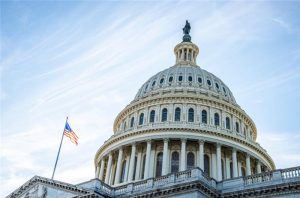Global equities continued to trend higher in August, with the MSCI World index rising 2.7%. Emerging market equities marginally outperformed developed markets, while Europe and the UK were up around 2%. Best performing sectors were communication services and technology up 3.9% and 3.8% respectively while the laggards were more cyclical sectors such as energy and materials down 0.9% and 1.8%.
In the bond markets the US 10yr government bond yields marginally increased from 1.17% to 1.30%. While US corporate credit spreads (the difference between the yield on a corporate bond and a government bond) compressed to around 0.9%.
Cable – GBP/USD, had a volatile month reaching a low of 1.36 before the GBP appreciated back up to 1.375. Brent crude oil dropped to $71 on average over the month down from $75 in the previous month.
Geopolitically, the swift and distressing takeover of Afghanistan by the Taliban after the US withdrew their forces, was poorly received globally. Furthermore, a Kabul airport terrorist attack which inflicted casualties for the US army heaped pressure domestically on Joe Biden’s strategy and his popularity.
On the US macro front, at the Jackson Hole Symposium, Fed-Chair Jerome Powell took a step towards dialling down the monetary stimulus citing the $120bn monthly monetary stimulus packages would be scaled back this year. The Federal Reserve (Fed) saw substantial progress on its two main goals of average 2% inflation and maximum employment with the first goal met and clear progress on the second expressing a need for strong jobs data to continue.
In the UK, the Bank of England also took a similarly hawkish step forward at its July meeting, raising its inflation expectations and dropping its forecast for higher unemployment. The UK is expected to be one of the fastest growing economies in 2021 with growth projected at around 6.5%.



